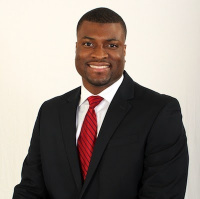Rockaway Park Criminal Lawyer, New York
Sponsored Law Firm
-
 x
x

Click For More Info:
-
Henry Law
825 E Gate Blvd Suite 106 Garden City, NY 11530» view mapEmployment, Bankruptcy, Criminal, FMLA, Civil The Difference.
We practice in an array of practice areas, and employ modern technology in helping you achieve your legal objectives.
800-974-2431
Joseph P. Trainor
Criminal, Divorce & Family Law, Motor Vehicle, Real Estate
Status: In Good Standing Licensed: 29 Years
 Chauncey Henry Garden City, NY
Chauncey Henry Garden City, NY Practice AreasExpertise
Practice AreasExpertise
